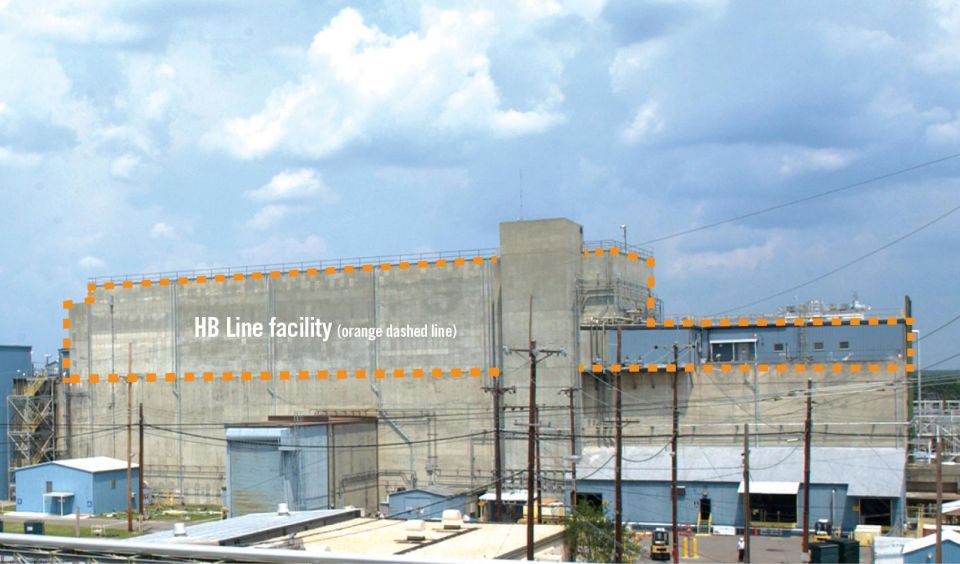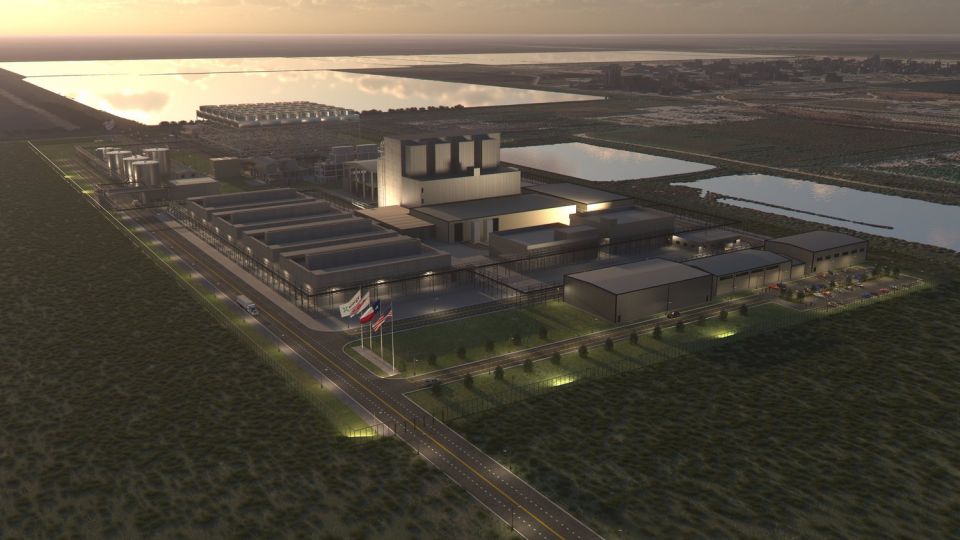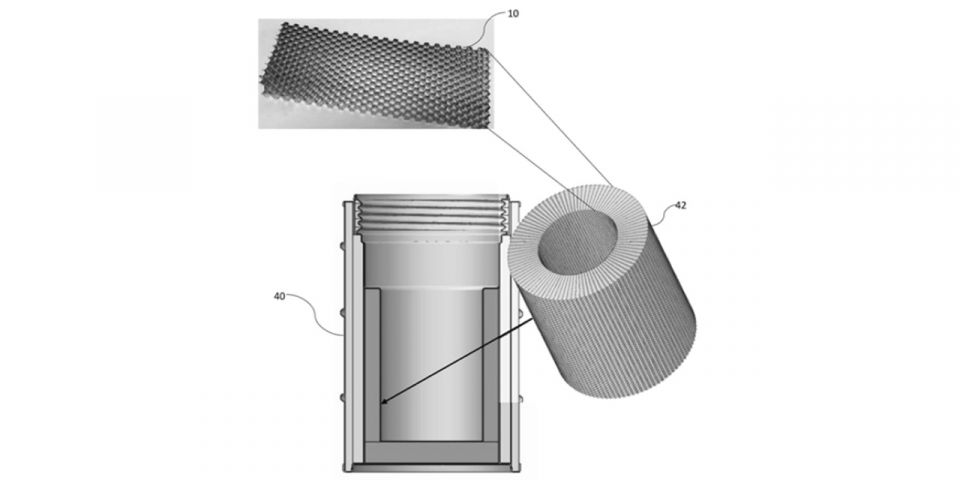Nearly 30 years later, the president and his wife, Rosalynn, visited Three Mile Island during the 1979 radiation emergency. He wished to show confidence in the personnel to the American public.
Among his touchpoints with the nuclear industry, perhaps most significant was his announcement of a new Department of Energy in February 1977. A few months later, in a statement on his decisions following a review of U.S. energy policy, he said about nuclear power:
First, we will defer indefinitely the commercial reprocessing and recycling of the plutonium produced in the U.S. nuclear power programs. From our own experience, we have concluded that a viable and economic nuclear power program can be sustained without such reprocessing and recycling. . . .
Second, we will restructure the U.S. breeder reactor program to give greater priority to alternative designs of the breeder and to defer the date when breeder reactors would be put into commercial use.
Third, we will redirect funding of U.S. nuclear research and development programs to accelerate our research into alternative nuclear fuel cycles which do not involve direct access to materials usable in nuclear weapons.
Fourth, we will increase U.S. production capacity for enriched uranium to provide adequate and timely supply of nuclear fuels for domestic and foreign needs.
Fifth, we will propose the necessary legislative steps to permit the U.S. to offer nuclear fuel supply contracts and guarantee delivery of such nuclear fuel to other countries. . . .
Sixth, we will continue to embargo the export of equipment or technology that would permit uranium enrichment and chemical reprocessing.
Seventh, we will continue discussions with supplying and recipient countries alike, of a wide range of international approaches and frameworks that will permit all nations to achieve their energy objectives while reducing the spread of nuclear explosive capability. . . .
. . . Our intent is to develop wider international cooperation in regard to this vital issue through systematic and thorough international consultations.
President Carter’s nuclear record stands to be reviewed for years to come, and I am thankful for the historical documents and videos for this endeavor.






